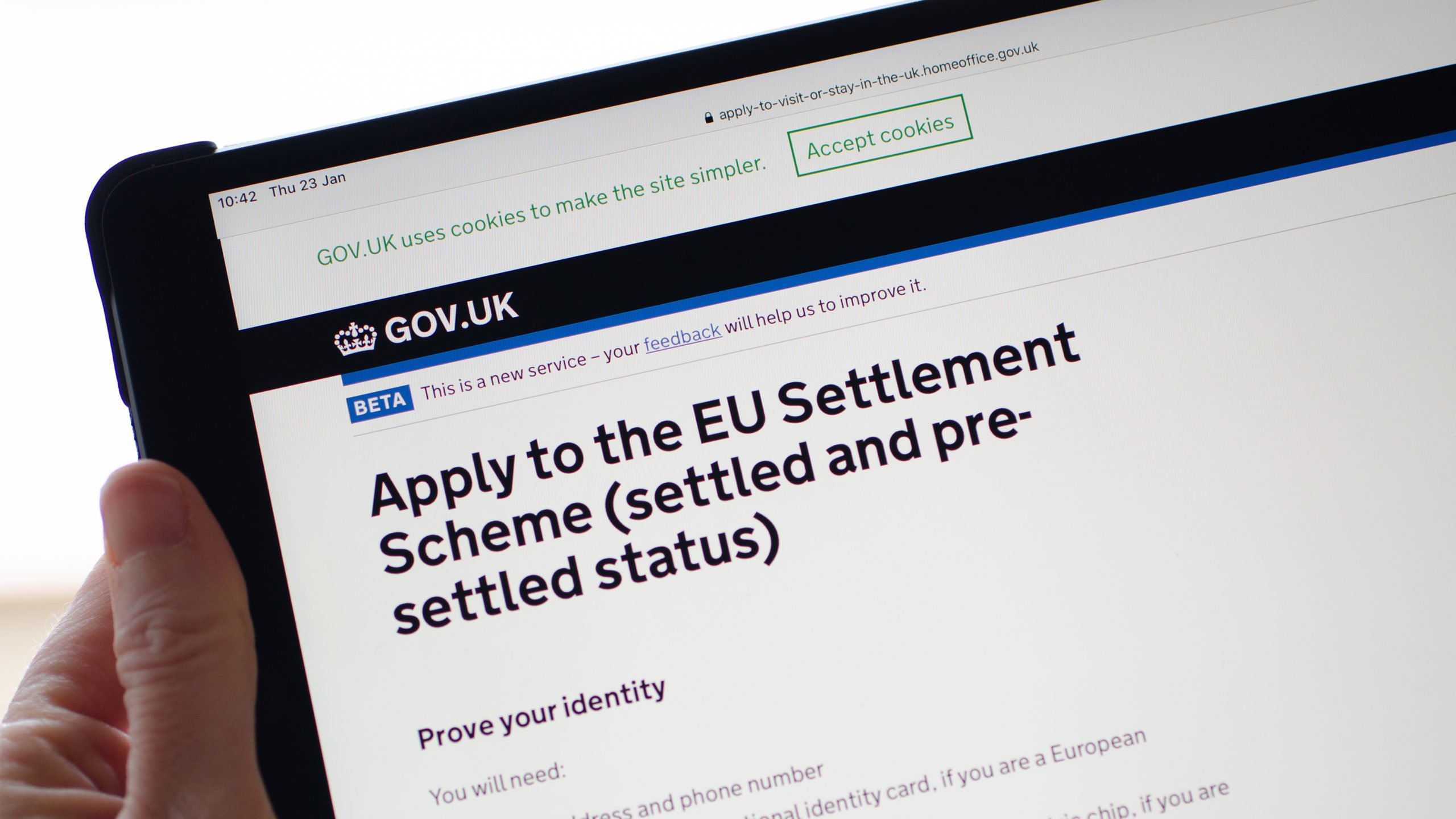Significant changes to the Immigration Rules relating to the EU settlement scheme have been introduced. Key changes include a more stringent approach to late applications and the closure of the right of administrative review as a remedy.
Late Applications for EEA Nationals in the UK
EEA Nationals who were in the UK prior to 31 December 2020 had to apply to the EU Settlement Scheme to continue to reside in the UK lawfully. The official deadline for most applicants to apply under the EUSS Scheme was the 30 June 2021. Applications made after this date were considered to be late applications.
Prior to the changes implemented on the 9th August 2023, the Home Office were lenient when assessing the reasons for a late application. In our experience, most applications were granted. In the event of a refusal, an applicant would have the remedy of administrative review or appeal at their disposal.
Since the 9th August 2023, the Home Office’s approach to late applications are far more restrictive. The requirement to make an application by the 30th June 2021 is now a ‘validity requirement’. The only caveat to this is if there were reasonable grounds for a delay. If the Home Office do not consider that the applicant has provided reasonable grounds for their delayed application, their application will be considered as invalid and the application will be rejected rather than refused which negates the ability to appeal or challenge the decision. Additionally, the applicant will not receive a Certificate of Application which is the document which allows them to show they are legally entitled to work in the United Kingdom.
Prospective applicants will therefore need to ensure that they prepare well-reasoned and verifiable evidenced applications which adhere to the new guidance.
For applications made on or after the 9th August, the Home Office guidance suggests:
- if no information is given as to why there has been a delay, or the information that is given does not constitute reasonable grounds in line with the guidance, it can be immediately rejected.
- if information is given which does seem to constitute reasonable grounds, but no or insufficient evidence is provided, a caseworker should write to the applicant and give them 14 days to provide that evidence.
- if a caseworker has doubts about the authenticity of evidence, they can reject the application immediately.
Challenging a refusal decision
The Home Office has also announced changes to the Immigration Rules which removes the right of administrative review for EUSS applications which have been refused where applications were made on or after 5 October 2023.
However, there will still be a right of appeal and it is important if an application is refused that an applicant who wants to challenge the decision is duly challenged before the deadline.
Our experience
Our lawyers have acted for clients in respect of complex EUSS matters, many of which have been refused in the past. Our Immigration Solicitors develop detailed case strategies to overcome points of refusal in applications. We are particularly experienced in securing positive determinations at the appeal phase of matters.
To discuss any of the points raised in this article, please contact Jayesh Jethwa or fill in the form below.



